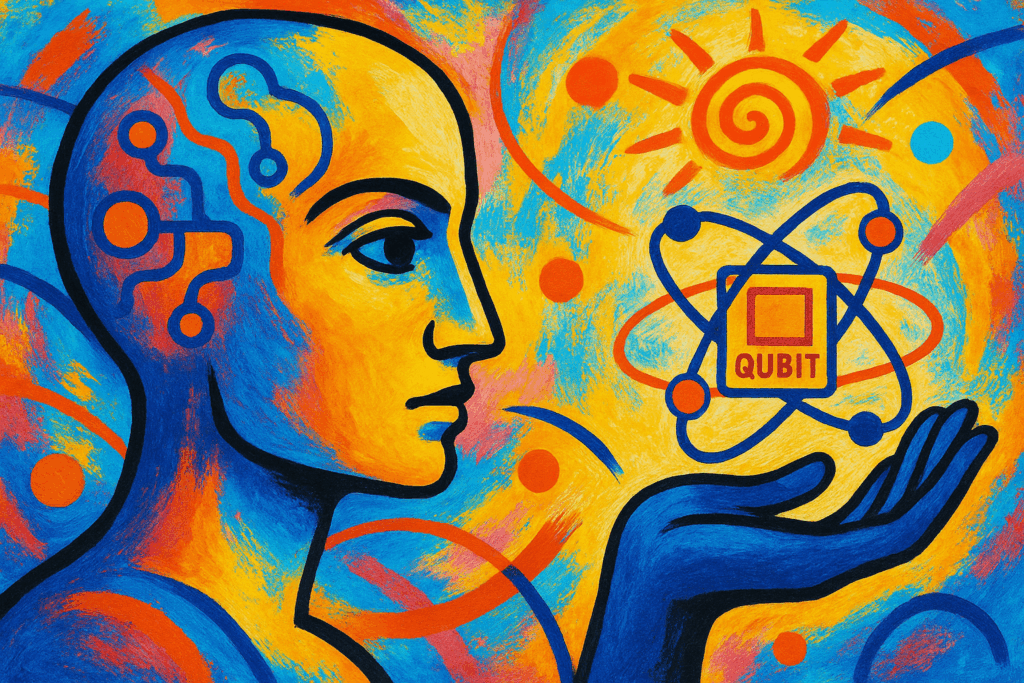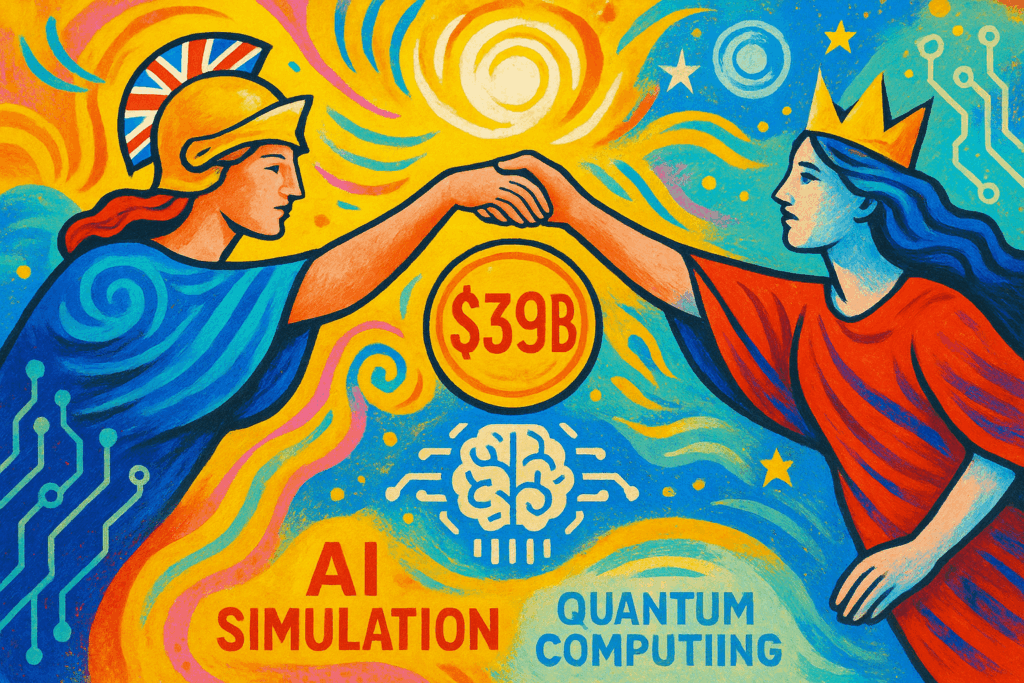Understanding AI Simulation in Quantum Computing
Artificial Intelligence (AI) simulation in quantum computing is an emerging field that combines the power of AI algorithms with the unique capabilities of quantum machines. This synergy enables researchers and developers to simulate complex quantum systems more efficiently than ever before.
The Importance of AI in Quantum Simulations
Quantum systems are notoriously difficult to model due to their probabilistic nature and exponential complexity. Traditional computing struggles with these simulations because classical bits cannot fully capture quantum behavior. However, AI-driven simulation techniques leverage machine learning and neural networks to predict quantum states and transitions, making simulations faster and more accurate.
Key Benefits of AI-Driven Quantum Simulations
- Enhanced Computational Speed: AI algorithms optimize quantum simulations, reducing the time needed for complex calculations.
- Improved Accuracy: Machine learning models can fine-tune quantum predictions, minimizing errors in simulations.
- Scalability: AI techniques help manage the complexity of larger quantum systems, enabling scalable quantum research.
- Cost Efficiency: Reduced computational resources lower the cost associated with extensive quantum simulations.
Applications of AI Simulation in Quantum Research
AI simulation is transforming multiple aspects of quantum computing, including:
- Quantum Algorithm Design: AI aids in developing novel quantum algorithms that classical computers alone cannot efficiently create.
- Material Science: Simulating quantum properties of new materials accelerates discoveries in superconductors and semiconductors.
- Drug Discovery: Quantum simulations enhanced by AI expedite molecular modeling for pharmaceuticals.
- Optimization Problems: AI-enhanced quantum simulations provide solutions for complex logistics and financial modeling challenges.
Challenges and Limitations
While AI simulation offers numerous advantages, there are challenges to overcome:
- Data Quality and Quantity: High-quality training data is essential for AI models but is often limited in quantum experiments.
- Interpretability: AI models can act as black boxes, making it difficult for researchers to understand underlying quantum phenomena.
- Hardware Constraints: Current quantum hardware limitations restrict the breadth and depth of simulations.
- Integration Complexity: Combining AI models with quantum computing architectures requires sophisticated integration strategies.
The Future of AI Simulation in Quantum Computing
The integration of AI simulations and quantum computing is poised to drive unprecedented innovation. As quantum hardware matures and AI models become more refined, the collaboration between these fields will unlock new possibilities in science, technology, and industry. Researchers anticipate breakthroughs in fault-tolerant quantum computing, real-time quantum system optimization, and automated quantum algorithm development.
Why Quantum AI Insiders?
At Quantum AI Insiders, we deliver the latest insights, research, and analysis at the intersection of AI and quantum computing. Stay informed about this rapidly evolving field with expert articles, interviews, and exclusive reports.
Conclusion
AI simulation in quantum computing is reshaping how complex quantum systems are understood and leveraged. Despite current challenges, the potential benefits in speed, accuracy, and scalability make it a critical area for investment and research. For technologists, researchers, and industry leaders, embracing AI-driven quantum simulation is essential for staying ahead in the quantum revolution.




